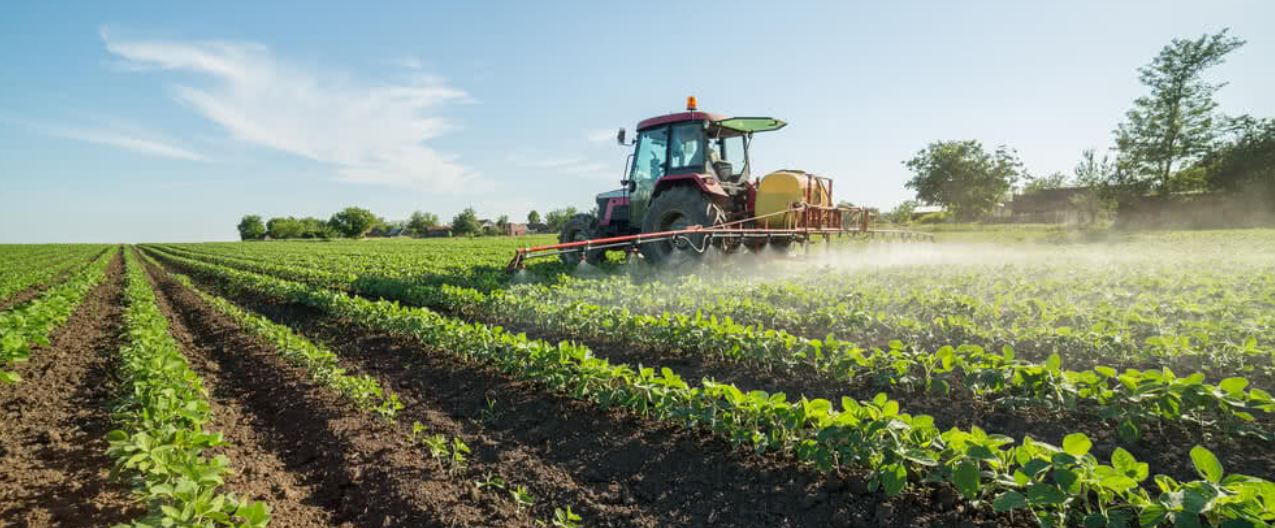Natural Farming: Natural farming is an agricultural method that emphasizes working in harmony with nature and following the principles of natural ecosystems. It originated with the teachings of Masanobu Fukuoka, a Japanese farmer and philosopher, and has gained popularity as a sustainable and low-input farming approach.
The key principles of natural farming include:
- Non-cultivation: Natural farming advocates for minimal or no tilling of the soil to preserve its natural structure and fertility. This helps to prevent soil erosion, conserve moisture, and maintain the beneficial microorganisms in the soil.
- No chemical fertilizers or pesticides: Natural farming avoids the use of synthetic fertilizers, pesticides, and herbicides. Instead, it focuses on building healthy soil through the use of organic matter, composting, and mulching. By nourishing the soil, natural farming aims to create an environment where plants can thrive without external chemical inputs.
- Cover cropping and mulching: Natural farming often involves planting cover crops, such as legumes or grasses, to protect the soil from erosion, improve its fertility, and suppress weed growth. Mulching with straw or other organic materials is also practiced to conserve moisture, regulate soil temperature, and enhance soil structure.
- Interactions with nature: Natural farming recognizes the interconnectedness of various elements in the ecosystem. It encourages farmers to observe and understand natural processes and patterns, such as the role of insects, birds, and microorganisms in maintaining ecological balance. By fostering biodiversity and creating habitats for beneficial organisms, natural farming seeks to minimize the need for external interventions.
- Indigenous microorganisms: Natural farming places a strong emphasis on cultivating and harnessing the power of indigenous microorganisms (IMO) found in the soil and surrounding environment. Farmers create homemade fermented solutions, often using ingredients like rice bran or plant extracts, to boost the population of beneficial microorganisms. These microorganisms help break down organic matter, improve soil fertility, and suppress harmful pathogens.
The philosophy behind natural farming is to work with nature rather than against it, allowing natural processes to guide agricultural practices. By reducing reliance on external inputs and promoting ecological balance, natural farming aims to create sustainable and resilient farming systems that are in harmony with the environment.
It’s important to note that natural farming does not have a standardized certification process like organic farming. Instead, it is often seen as a holistic approach to farming that encompasses ecological principles, personal observation, and continuous learning from nature.


